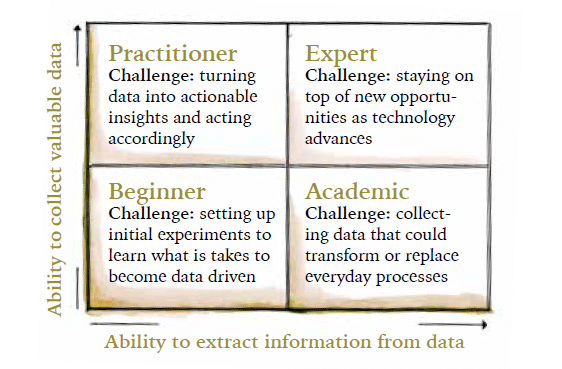Rik van der Woerdt (Co-Founder of Amsterdam Data Collective) attended the virtual launch of ‘Protocol to Manage Relationships Today’. Van der Woerdt: “I wrote a piece in this book about relationship management in the age of big data and artificial intelligence. In it I advocate a new paradigm on Customer Relationship Management (CRM) systems. I call it data-driven relationship management. Put simply: basing your efforts on empirical rather than anecdotal evidence.”
Tea with the Queen
In the book – which is about protocol, etiquette and optimal use of networks – he shows how a data-driven CRM could define the guestlist for a tea party with the Queen of England. Although Covid-19 is now restricting everyone’s guest list, the benefits of using empirical over anecdotal data are still the same.
- The information used to inform relationship management decisions is much more varied and not found in one place;
- The insights obtained from the data are not only used to reflect what happened in the past, they also prescribe what should be done in future.
CRM Maturity Scan
You can check your organisation’s chances of success in applying data-driven relationship through a CRM maturity scan. Ask yourself two questions:
- What is your ability to collect valuable data?
- What is your ability to extract the right information from that data (and act on it accordingly)?

Your score puts you into one of four categories which van der Woerdt describes as Beginners, Academics, Practitioners and Experts.
This simple scan is the starting point for a discussion on how to accelerate your organisation’s transition to data-driven relationship management. Read our case on how data improved a Life Science relationship management network.
Download: Relationship Management in the Age of Big Data and Artificial Intelligence
To download the part of the book for free click here.
After reading this part of the book you will know:
✓ Why data-driven relationship management has moved beyond the traditional CRM system.
✓ The two main challenges to effective data-driven relationship management: gaining access to valuable data and converting that data into actionable insights and acting accordingly.
✓ The key solutions to overcoming these challenges.






